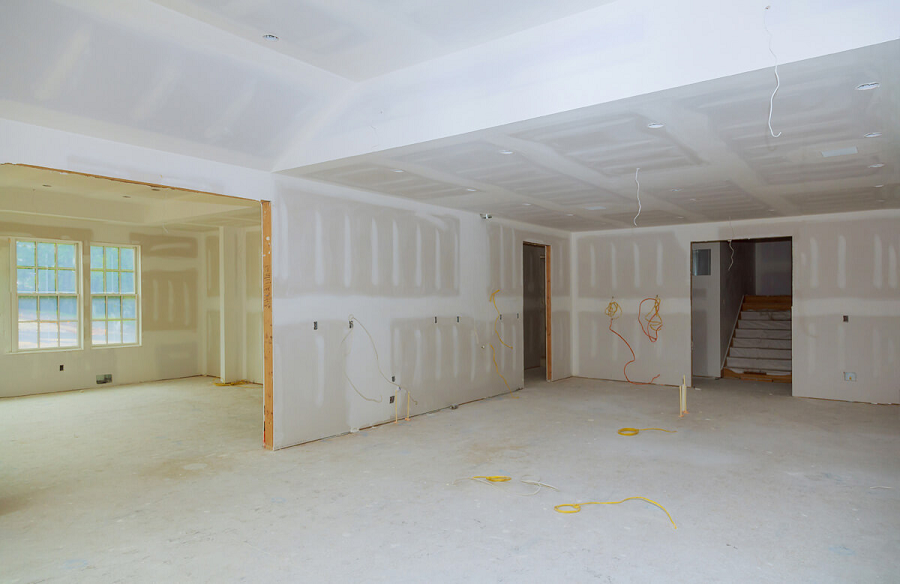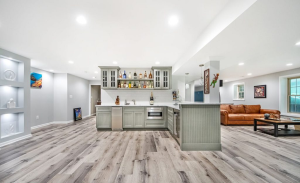
When it comes to constructing interior walls and ceilings, installing drywall is the point at which a construction site begins to look less like one and more like a livable space. Before drywall was widely used, interior walls were constructed using plaster, which required a long time to dry and often resulted in uneven surfaces. While plaster is still sometimes used for decorative reasons, it is no longer the standard way to construct interior walls in commercial drywall Collingwood or residential projects.
When choosing a drywall type for a particular project, it is important to consider cost, labor considerations and installation and finishing techniques. This helps ensure that the appropriate materials are selected and that the final product will meet both aesthetic and functional requirements.
For example, if the wall will be in an area where moisture may be present, it is best to select a drywall that is resistant to mold and mildew growth. This may include greenboard, which is typically recognized by its green coating; blueboard, which is a better choice for areas with moderate moisture exposure; or cement board, which is ideal for areas that will be in constant contact with water, such as shower stalls and bathtubs.
Additionally, it is important to make sure that all seams are properly taped and sanded before applying the drywall compound and paint. This will help to prevent moisture from seeping into the drywall and creating mold or mildew problems, as well as to provide a stronger bond for the drywall and its framing. When painting a drywall, it is also necessary to use a paint that is designed specifically for drywall, so that it will be more durable and resistant to chipping and peeling.
Another important factor to consider when selecting a drywall is its thickness. Different types are available in a range of thicknesses, with the most common being 1/2-inch drywall. This thickness is ideal for most wall and ceiling applications, as it offers a balance of strength and affordability.
For both commercial and residential drywall, the most important consideration is quality. Higher-quality drywall is more durable, which reduces the amount of time and money that is spent on repairs and maintenance. This is particularly true for high-traffic areas, where premium drywall can resist damage more effectively than lower-quality drywall.
When hiring a contractor to install drywall, it is critical to choose an experienced professional. A contractor with experience working on commercial projects will be able to accurately estimate the time and costs for the project, as well as ensure that all aspects of the installation are completed according to building codes. This includes framing, electrical and HVAC work, as well as drywall. It is also important to choose a contractor that specializes in commercial interiors, as this will ensure that all trades are coordinated and completed according to specifications. This helps to ensure that the finished project will be able to withstand the demands of a busy commercial environment.
Grey County Drywall
https://greycountydrywall.ca/
info@greycountydrywall.ca
(647) 625-2013





